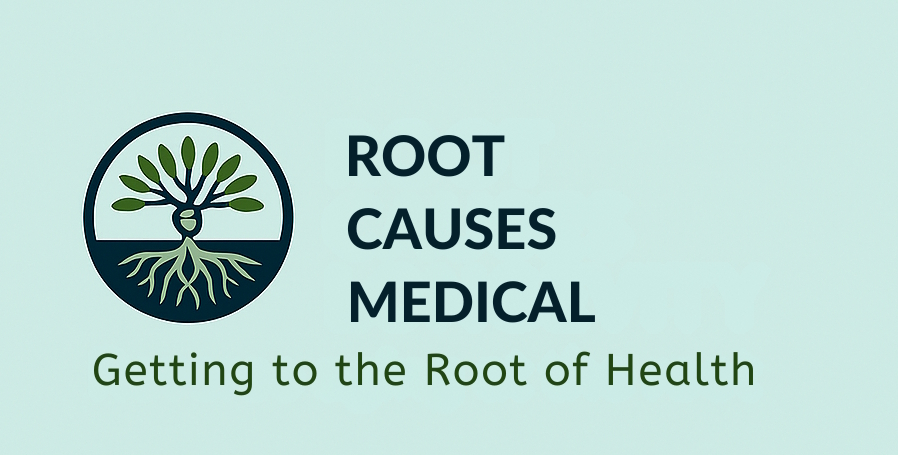🦴 Your Bones Are Listening to Your Hormones
It’s no secret that hormone levels change with age — but what’s less known is how tightly your bone strength is tied to those shifts. For women in their 40s and 50s, especially during the perimenopausal and postmenopausal years, hormone balance plays a critical role in bone health.
❗ One study showed women can lose up to 20% of their bone density in just 5–7 years after menopause.
🧪 Estrogen: The Unsung Hero of Bone Strength
Estrogen helps:
- Slow down bone resorption (the process that breaks down bone)
- Improve calcium absorption and magnesium utilization
- Maintain collagen and bone flexibility
When estrogen drops — even slightly — your bone breakdown speeds up.
This can begin long before menopause, during the fluctuating years of perimenopause.
🔄 Progesterone, Testosterone, and DHEA Matter Too
It’s not just estrogen:
- Progesterone supports bone formation and balances estrogen’s effects
- DHEA helps maintain both estrogen and testosterone levels
- Testosterone contributes to muscle mass (and muscle supports bone)
Hormonal decline isn’t a one-hormone issue — it’s a symphony shift that impacts your metabolism, sleep, mood, and yes, your skeleton.
👩⚕️ But My Doctor Said My Hormones Are “Normal”…
Here’s the catch:
“Normal” just means “average for your age.”
It doesn’t mean “optimal for bone preservation.”
Bone loss often begins before labs hit abnormal ranges — and most women aren’t screened unless a fracture occurs.
🧠 Symptoms That Might Signal a Bone-Hormone Connection
- Irregular or missed periods
- Night sweats or hot flashes
- Fatigue or poor recovery from exercise
- Unexplained joint aches or back pain
- Loss of height or stooped posture
- Slow healing or muscle loss
If you’re noticing any of these in your 40s or early 50s, it’s worth a closer look.
💡 Functional Testing Can Help You Get Ahead
At Root Causes Longevity, we combine:
- Advanced hormone panels (estradiol, progesterone, DHEA, SHBG, FSH, LH)
- Bone turnover markers like CTX
- Micronutrient testing (D, K2, magnesium)
- Metabolic and inflammatory labs
This lets us build a plan tailored to your physiology — not just your age group.
💊 What About Hormone Therapy?
Bioidentical HRT (hormone replacement therapy) has been extensively studied for its bone-preserving effects. In fact, it’s one of the few treatments that can prevent fractures and improve BMD — especially when started early after menopause.
At BoneBuilder™, we may recommend:
- Bioidentical estradiol (E2)
- Estriol (E3) for gentler estrogen support
- Micronized progesterone (especially cyclically in premenopause)
- DHEA, adaptogens, or other supportive therapies
These are only recommended when appropriate, and always after reviewing labs and screening for safety.
🏋️ Hormones + Lifestyle = Stronger Bones
The best results happen when hormones are combined with:
- Calcium (MCHA), K2, Vitamin D3
- Strength training and vibration therapy
- Collagen and bone broth
- Stress management and proper sleep
You don’t have to do it all at once — but you do have to start.
📣 Take the Next Step
If you’re a woman over 40, you owe it to your future self to check in on your bone health — and your hormones.
📅 https://myrootcauses.com/bonebuilder/
🔬 [Learn more about our advanced lab testing – link coming soon]
💬 Still unsure? Read: “The Bone Building Stack: Why Calcium Alone Doesn’t Work”
